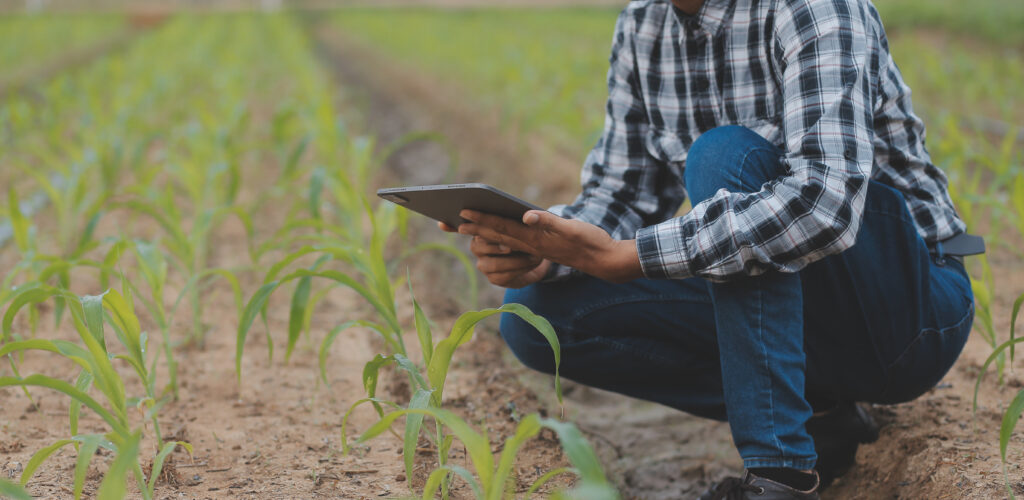In the UK, agri-food currently accounts for almost a quarter of greenhouse gas emissions.
With the government committed to achieving net zero by 2050, the AFN Network+ is bringing academics and stakeholders together to explore different pathways for how the UK can help reach net zero through agri-food.
We cannot assume the future will be a simple, business-as-usual extension of recent trends. Geopolitics are shifting and this will have implications for trade, supply chains and national food security. The effects of climate change will also be increasingly felt on the food system.
In 2023 the AFN Network+ developed four future scenarios for how the world might look in 2050.
The Roadmap will build on this work, identifying plans for how net zero could be reached in each of the four different scenarios under the different social, economic and trading conditions.
It will examine the different trade-offs and challenges we will face around land use, farming practices and changing diets. It will also explore how we can optimise the chances and minimise the risks of different routes to net zero.
The Roadmap is based on a quantitative model of the food system, the FixOurFood Agrifood Calculator. The model enables us to see the impact of any proposed change, showing how it would affect greenhouse gas emissions, land use and UK self-sufficiency. This means each proposed pathway to net zero is calculated on the basis that the population can be fed on the land we have available, and we ensure there is no increase in imports.
In 2025 the AFN Network+ will launch a consultation, asking how you think UK agri-food should reach net zero.




